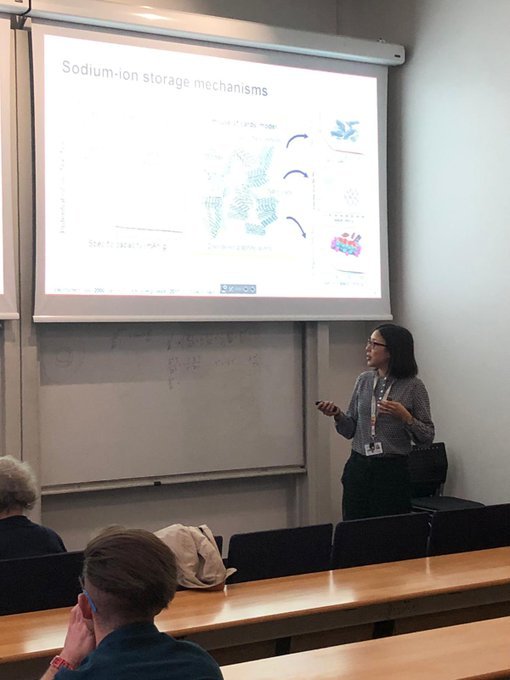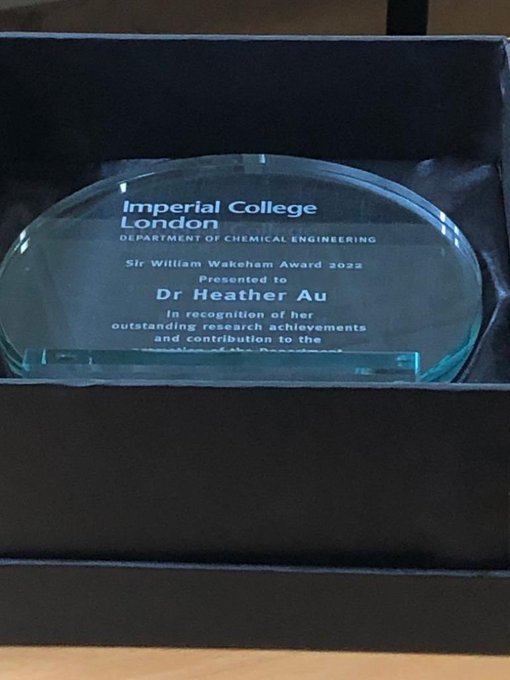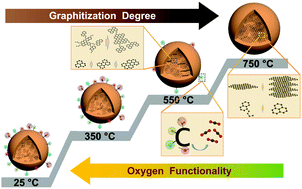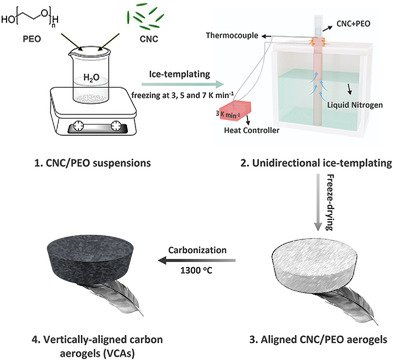IMSE is funding a seed project by Dr Maria Crespo at the Department of Chemical Engineering and Dr Aigerim Omirkhan and Dr Ieuan Seymour at the Department of Materials to upcycle waste PET into battery anodes. Dr Crespo is using anodes made of an upcycled carbon-tin composite to develop the next-generation of fast-charging battery systems, which are based on sodium rather than lithium cells.
https://www.imperial.ac.uk/news/235296/funding-interdisciplinary-projects-solve-todays-grand/














